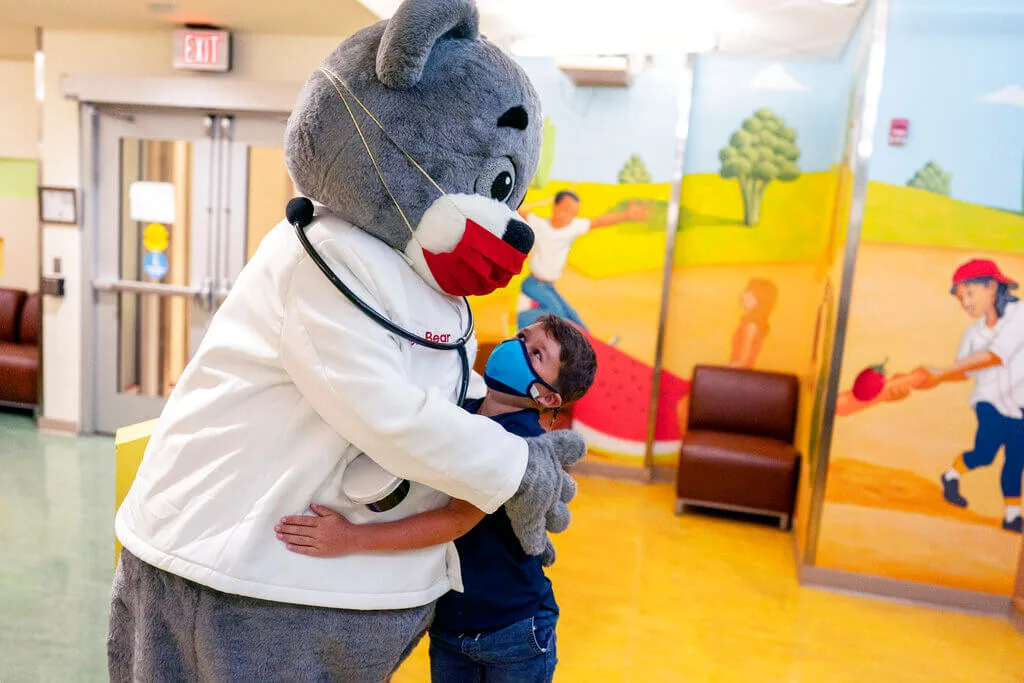
Image via Pexels
The early nineties were a very different time to tell you ‘Be all you can be.’ Here’s what has changed in appealing to Latinos with a career in uniform.
Years ago, I was a budding copywriter at one of the largest Hispanic advertising agencies, writing boring customer letters for a telephone company. One of my bosses asked if I’d be willing to write for the U.S. Army. The agency had just gotten the account. This was right after the first Iraq War and my supervisor had moral qualms, but it would give me an opportunity to start writing print ads, radio, and TV spots. It was the early nineties and the U.S. was no longer at war. That sealed the deal for me.
I have worked as a copywriter for almost every marketing category, from packaged food to luxury cars, but working for the Army was one of the proudest moments in my advertising career. Colleagues would ask me if I didn’t feel guilty writing for an effort that could put Latinos in harm’s way. After what I learned writing for the Army, I felt more pangs of guilt from trying to convince Latina moms to ditch homemade foods for meals in boxes or helping Latino children get cavities from sugary cereals. I felt that my work for the Army could actually do something positive for Latinos.
Back then, the Army offered up to $30,000 for college to recruits who committed to two years of service through the G.I. Bill. It also had many technical specialties to train young people for durable occupations. I was going to be helping Latinos move ahead in life, not send them to their deaths. Several years later, the money for college offered was over $65,000. This was an unprecedented opportunity for young men and women who could not afford college.
We created a campaign which ran on Spanish-language TV for years. To do so, we held focus groups in cities with large Latino populations to talk to young people and their parents. We had learned that for Latinos, joining the Army was a family decision. Many were skeptical, but many parents and their children saw it as a unique practical opportunity for advancement. The tagline for the campaign was “Sé todo lo que puedes ser“, a straight translation of the classic slogan “Be all you can be.”
We spent three weeks at Fort Hood, filming a 30-second TV commercial and a print ad campaign. We had to use real soldiers who were paid $1 for their participation; it was part of their duty. Fort Hood felt like a microcosm of America and, from the outside, it seemed to be the most racially integrated place I had ever seen in the United States. Yet, according to the Council on Foreign Relations, while racially diverse, “women and racial and ethnic minorities remain underrepresented in parts of the military, particularly at the highest levels of leadership.”
Related: Seventh Soldier from Base Where Vanessa Guillén Was Stationed Found Dead
That was a very different era. Society was not torn apart by social media. Latinos consumed advertising mostly at home, watching Telemundo or Univisión with the whole family, or listening to the radio. Advertising was not the individual attention-zapping content that rewards microscopic attention spans and thrives on impulse reactions for engagement. The U.S. was not the racially polarized country it is today. A widely accepted grassroots movement for racial equality like Black Lives Matter did not exist. The White House did not issue openly racist policies against immigrants and minorities, as it does today.
Related: Trump Has Deliberately Targeted Immigrants During the Pandemic. These 13 Policies Prove It.
I cannot imagine getting the same responses from similar focus groups in this climate. How could anyone ask Latinos to join the Army and expect success? To lure recruits, the Army promises a swift path for citizenship, but even Latino veterans who have come back from battle have been deported by ICE.
These circumstances may be the reason why Alexandria Ocasio-Cortéz wants the Army to stop recruiting at schools and on social media.
She rightly claims that the Army tends to recruit among young people at the bottom of the socioeconomic ladder, which translates to mostly Black, Latino, and poor white students in marginalized high schools. After working for the Army, I felt that their burden could be shared more equitably through a national draft. If all American families had to send their children to the Army, perhaps we would be much less indifferent about our military and its engagements in the world.
Sensibly, Ocasio-Cortéz has also proposed an amendment to stop funding Army recruitment efforts on Twitch and e-sports social media. I agree with her that the military should use more responsible means to try to enlist impressionable teenagers. Joining the Army is not like playing a video game.
After years of wars abroad and a nation that has lost its standing in the world, recruitment is down, but the current economic crisis may help boost it. Still, the Army needs to make a better case for why Latinos and minorities should make this sacrifice unless they are given every opportunity to be all they can be.
Politics

Teamsters and UPS Reach Tentative Deal to Avoid Strike, 340,000 Workers to Get Raises
The tentative deal represents a huge win for full- and part-time UPS Teamster workers, who would get significant pay raises and better working...



One Republican Senator Is Blocking 265 Military Promotions, Leaving the Marines Without a Confirmed Leader
Sen. Tommy Tuberville's decision means these military officers are not getting the pay raises they’re owed, cannot move their families to wherever...
Local News



Teamsters and UPS Reach Tentative Deal to Avoid Strike, 340,000 Workers to Get Raises
The tentative deal represents a huge win for full- and part-time UPS Teamster workers, who would get significant pay raises and better working...



One Republican Senator Is Blocking 265 Military Promotions, Leaving the Marines Without a Confirmed Leader
Sen. Tommy Tuberville's decision means these military officers are not getting the pay raises they’re owed, cannot move their families to wherever...




